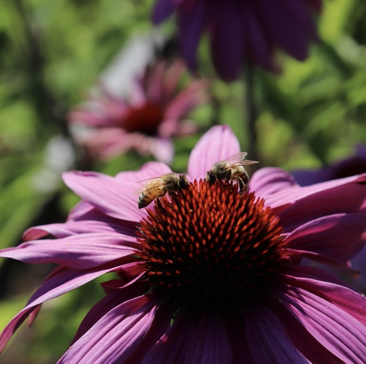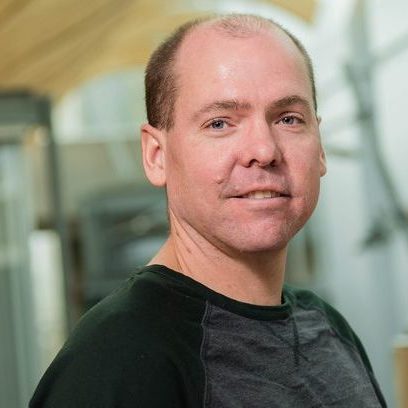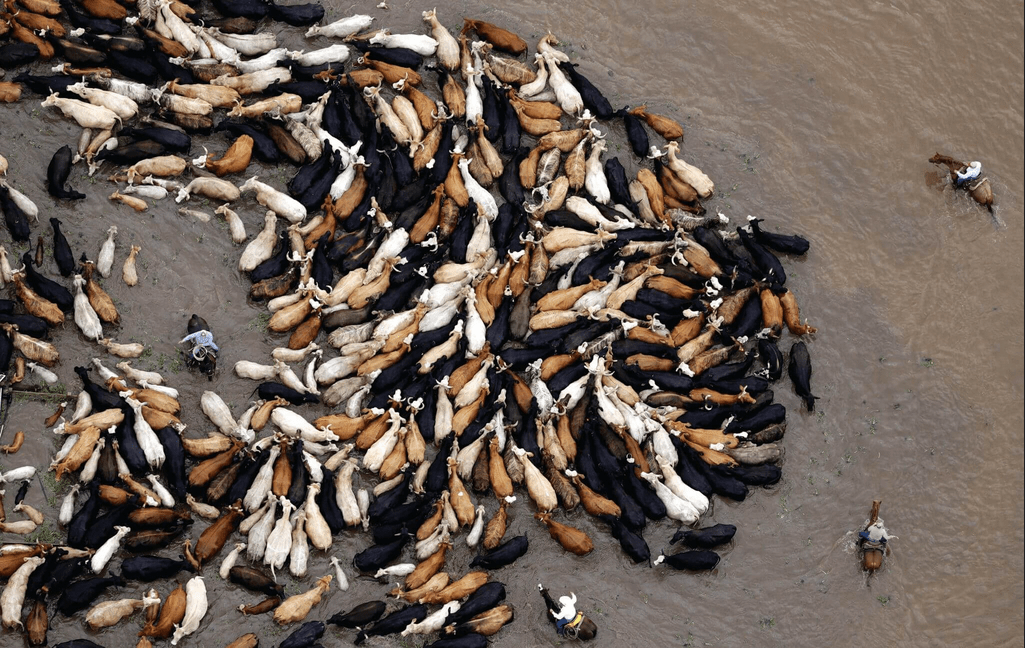Work Learn Profile: Bowen Wright, Saturday Market Worker

What did you work on in this role?
I worked as a Saturday Farmers Market Worker. During the summer and fall I helped organize and facilitate the UBC Farm’s weekly Saturday Farmers Markets, and I often joined the Field Team on Fridays to harvest vegetables and fruits! In the winter I worked from home to organize the applications for the upcoming Farmers Market Season.
What did you learn in this position?
In this position I learned about the amazing connections between food and community. I saw these connections both within the UBC Farm team, and within the many communities that come to gather at the weekly Markets. From the regular weekly Market customers, to the family-run small businesses that vend at the Market, to UBC Farm staff, volunteers, and students who all come together to make the Market run smoothly, the people of the UBC Farm create a lovely and unique atmosphere.
In this environment I developed important employable skills that will help me in my future endeavours. I worked on my verbal communication skills, problem solving abilities, and ability to work in a team. My interpersonal work skills were important in this role, as many of my responsibilities required communication between people and teams. After working in this position, I feel more confident in my team communication skills and my presentation skills to large groups of people.
Why does this work matter?
Enabling Farmers Markets at UBC is important to support sustainable, local, and organic food systems! The UBC Farmers Market is particularly important as the application process to become a Vendor is relatively low-barrier compared to other local Markets. At the UBC Farm, we hope to encourage new local Vendors who are developing small and sustainable businesses to thrive in a welcoming space.
What would you tell a new student taking on this role? Or what do you wish you had known?
To a new student taking on this role, I would encourage them to connect whenever possible with community members at the markets, vendors, and UBC Farm staff! There are so many friendly people in the UBC Farm community, and as a Saturday Farmers Market Worker I believe that it is important to try to make everybody feel welcome at weekly Markets.
Additionally, I would encourage any WorkLearn students to spend extra hours that they may have at Friday Harvests. Going to Friday Harvests was one of the highlights of my summer; I loved spending time working in the fields chatting, laughing, and getting to know the Practicum students and Field staff. While the physical work itself can be hard, it is also rewarding and fun! You don’t need to be a WorkLearn student to participate in Friday Harvests, Farm Volunteers can also sign up for harvesting shifts.
What should people know about the UBC Farm that they probably don’t know?
The UBC Farm was once in danger of becoming a housing development! However, in 2008 thanks to student and community activism through the “Save the Farm” campaign, the UBC Farm was protected as an important sustainable site at UBC.
What’s your favourite thing to do at the UBC Farm?
I have so many favourite things to do at the UBC Farm! At Markets I loved getting to know the vendors and customers, and trying many new foods. I also enjoyed trying produce that I had never tried before, that I helped to harvest at the UBC Farm. I can’t wait to have my fridge stocked with fresh and organic veggies again, and to buy fresh bouquets from the Market!
What other roles have you held at CSFS at the UBC Farm?
Before being employed in this WorkLearn position, I had volunteered at the UBC Farm harvesting vegetables and working at the 2019 FarmAid event.









